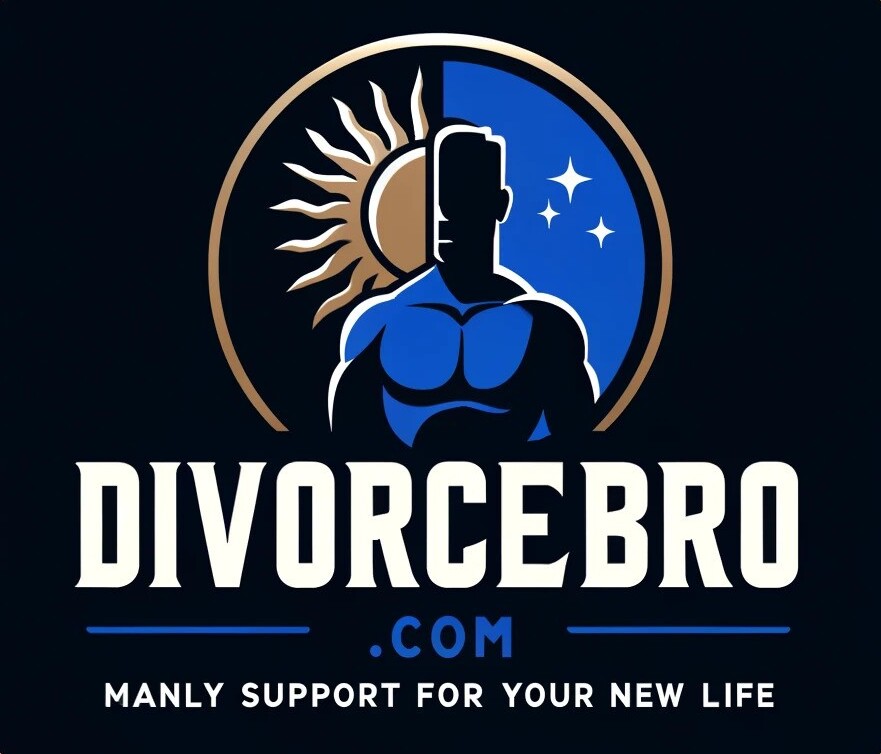In today’s culture, men are bombarded with two competing narratives about what it means to “be a man.” On one side, you’ve got the Joe Rogan alpha male vibe—lift heavy, speak louder, take what you want. On the other, you’ve got a feminist-influenced redefinition of masculinity that often sounds a lot like, well…being a healthy woman.
Neither one feels quite right for most guys—especially men going through divorce.
Divorce is one of those moments that shakes your foundation, forcing you to reevaluate who you are, what you value, and how you want to show up in the world. And for a lot of men, the old playbook doesn’t work anymore, and the “kinder, gentler” playbook comes up short.
As a man entering divorce, you may think:
- I don’t want to bulldoze people, but I’m also done being a doormat.
- I don’t want to dominate, but I’m tired of being dominated.
- I want to feel strong—but not by pretending I’m invulnerable.
What you need is your own place on the spectrum between the two extremes that society now offers. Not some recycled image of toughness peddled by YouTubers in tight T-shirts, and not some softy persona that women say they want (but probably don’t), but something rooted in who you are and who want to be.
That starts with self-awareness. You need to know your own center—your boundaries, your values, your pain, your pride—before you go imposing your will on the world or surrendering entirely.
It’s easy to get lost after a divorce—easy to become the angry guy, the overly agreeable guy, the guy who’s constantly second-guessing himself. But there’s a third path: the man who leads himself. The man who learns to listen and speak up. Who is vulnerable and unshakable. Who stands tall—not in reaction to others, but from within. That man doesn’t need permission to be who he is, nor does he need to impose his will on others.
Divorce isn’t the end of your masculinity—it’s the chance to reclaim it and make it your own.
